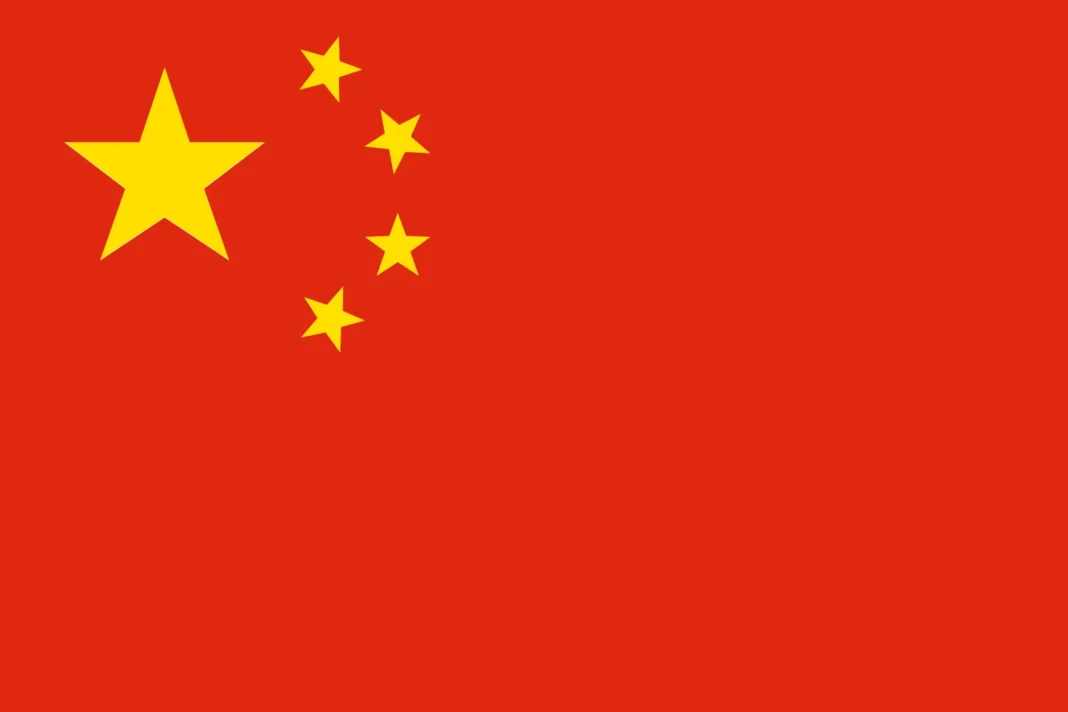The Chinese Communist Party (CCP) has recently implemented a nationwide campaign to promote financial discipline and frugality across all levels of government. The Ministry of Finance issued a notice on their website urging all regions and departments to tighten their belts and maintain strict financial discipline. The notice outlines several key areas where spending needed to be controlled and strictly managed, including strengthening the management of three public expenses: official receptions, vehicles and overseas trips. It also urged on reducing general expenditures and significantly cutting back on forums, festivals, exhibitions and other activities.
In response to the central government’s directive Provincial-level government Affairs Management Bureaus in various regions such as Inner Mongolia, Hunan and Beijing have introduced specific measures and plans to implement these belt-tightening policies. These measures include, maintaining office buildings only to ensure safety and basic needs; reducing maintenance expenses for Provincial-level office buildings by 40% in the current year; scrapping of official vehicles only if they have been in use for more than 8 years and have travelled more than 250,000 Km; maximizing the use of public warehouses to fill gaps and coordinate resources with the goal of increasing asset allocation by more than 50% year-on-year; repairing and reusing office equipment whenever possible and sourcing equipment from public warehouses even at the local level.
In Guangdong Province a notice was issued requiring all street level Party and government Organs, public institutions and communities to practice frugality in their daily operations. Specific measures include eliminating the provision of bottled water at meetings encouraging attendees to bring their own water cups and providing water dispensers in meeting rooms without offering disposable cups. These belt- tightening policies across various regions in China reflect the Chinese Communist Party’s efforts to promote frugality, reduce waste and maintain strict financial discipline in the face of economic challenges.
However, despite the CCP singing a song of belt-tightening, experts suggest that the measures may be more of a show for the public. They were compared to CCP’s selective anti-corruption campaigns which are often used to eliminate descent and serve political needs rather than genuinely address the issue. They argue that unless the CCP resolves its main money spending system, blindly saving on trivial matters will be of no use. Moreover, Lu Shaochan a former Deputy Director of a Forestry Bureau in Hunan Province believes that local governments will not genuinely follow the central government’s call for belt-tightening. He suggests that the CCP needs to maintain the loyalty of its bureaucratic class and fears that truly making cadre live frugally could lead them to lying flat and not serving or maintaining the regime.
If the CCP is really out of money it will plunder people amid recent fiscal challenges. Local government funds across various regions have tightened, triggering a series of pay cuts. Insiders from various regions have revealed the extent of these financial woes to Epic Times reporters. In Guangdong, for example year-end bonuses have been eliminated and the mere ability to pay monthly salaries on time is now considered a notable achievement. Furthermore, subsidies intended for businesses are being withheld due to lack of funds in the public treasury, a source stated. At present we can only guarantee the most basic aspects such as the timely payment of monthly wages anything beyond that is simply not feasible, he added. The central government has also taken steps to curb spending with the former Finance Minister Liu Kun announcing that non-essential and non-mandatory expenditures had been reduced by more than 50% during the 2022 sessions. The government has committed to securing only essential expenses such as salaries. Moreover the past year has also seen a significant reduction in the personal accounts of employee health insurance funds.
In Shandong, a retired government employee reported that as of February 2023 medical insurance reforms have further reduced personal account allocations. Those under 70 years old now receive only 100 Yuan, about 13 US dollars and 84 cents, per month while those over 70 receive 125 Yuan, about US $17.30 per month. Although outpatient expenses are reimbursable but only to the extent that expenses below 500 Yuan, about US $ 69 and 19 cents, per year are not covered and only 65% of costs exceeding that amount are reimbursed.
The public has expressed concern over these developments with many noting that the call for frugality began four years ago and has only intensified since then. Some experts suggest that those relying on government funds should be grateful if they can maintain their jobs and experience minimal income reduction. The sentiment that the government has truly run out of funds is palpable. Institutional reforms within the government system have also led to downsizing with a growing preference for hiring employees on minimum salary possible. This trend is even visible in the hiring of civil servants, public institution, state enterprise employees and temporary workers.
As China navigates these financial challenges it is evident that the repercussions will be felt across all levels of society. The government’s belt-tightening measures may lead to increased taxation or the appropriation of private wealth to bolster its finances, potentially exacerbating economic hardship for Citizens and businesses alike. Ultimately these fiscal woes could contribute to heightened social unrest and political instability in the country.

